News
Bandits kill deputy vice-chancellor of Usmanu Danfodiyo University
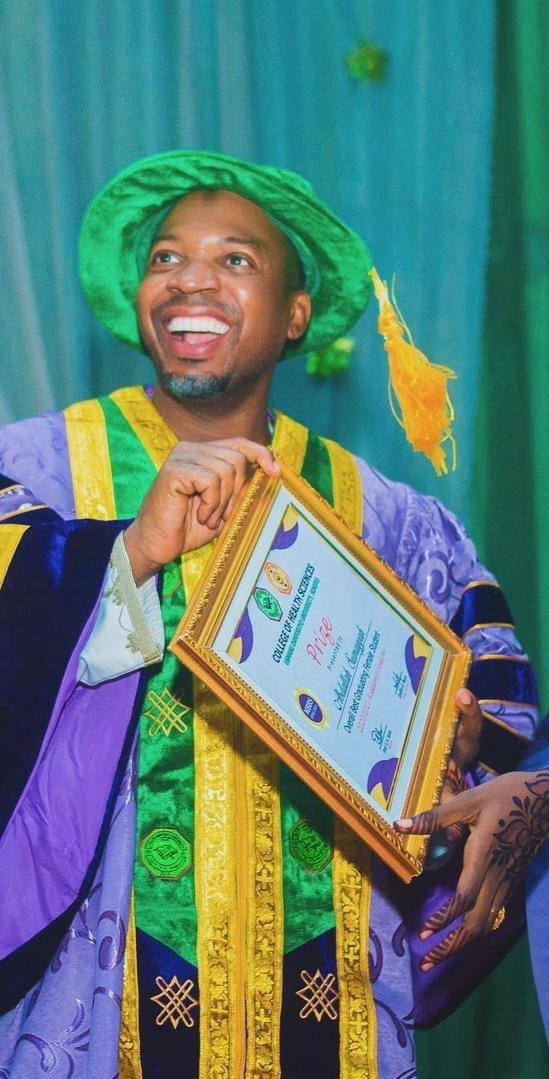
Suspected bandits have killed Yusuf Saidu, the deputy vice-chancellor of research, innovation, and development at the Usmanu Danfodiyo University Sokoto (UDUS).
In a statement on Monday, the authorities at the university said Saidu was killed on his way to Kaduna from his place in Sokoto.
The management of the university described the death of the professor as a “painful loss” to the academic community.
“The death has occurred of Prof. Yusuf Saidu, the current Deputy Vice-Chancellor of Research, Innovation, and Development at Usmanu Danfodiyo University Sokoto,” the statement reads.
“He was attacked and killed by bandits on his way to Kaduna from Sokoto State. A man of integrity, religion, dedication, and courage.”
“May Allah accept his soul and forgive his sin, but this is a painful loss to all members of the university community and the academy at large.”
Saidu was a professor of nutritional biochemistry at the university.
He graduated in 1990 with a bachelor of science degree in biochemistry from the same university and was the best graduating student.
He obtained a master’s degree in biochemistry from the University of Jos in 1994 with distinction and his PhD in biochemistry from Usmanu Danfodiyo University in 2005.
News
Fire guts LAUTECH teaching hospital
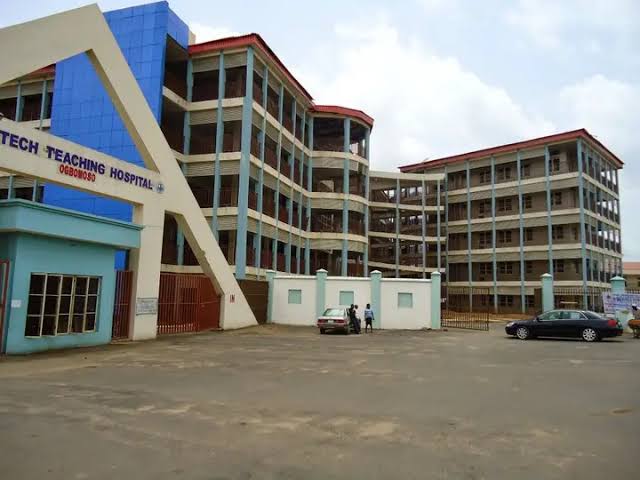
Property worth millions of naira were on Saturday destroyed at the Ladoke Akintola University Teaching Hospital in Ogbomoso, Oyo State, as a result of a fire incident.
The incident, which happened around 5 am in a paediatric consultant’s office, affected electronic gadgets, engines, books, office equipment, roofs, and others worth millions of naira.
A credible source told our correspondent that the fire incident was suspected to have started from an electric spark.
It was learnt that about 16 patients had to be quickly rushed out of the ward.
However, in a statement sent to PUNCH Online in Ibadan, the state capital, on Saturday, the Public Relations Officer of the institution, Ogunleye Omotayo, said no life was lost in the fire incident.
The statement read, “The management of the institution wishes to state that the fire incident that occurred early this morning (Saturday), as carried by some news media, was put out without any remarkable damage to the hospital.
“Noting that no human damage was recorded in the incident, the management wishes to state that Investigation is still ongoing with regard to the cause of the incident.
“At the moment, light has been restored, and work activities have resumed in the section where the fire incident took place.
“The management wishes to thank all staff, the state Fire Service, and all other well-wishers for their concerns and prompt response. The fire incident raised no cause for alarm. Everyone is advised to go about their normal daily activities without fear.”
News
Nothing wrong having a Christian as Alaafin of Oyo, says Oladigbolu
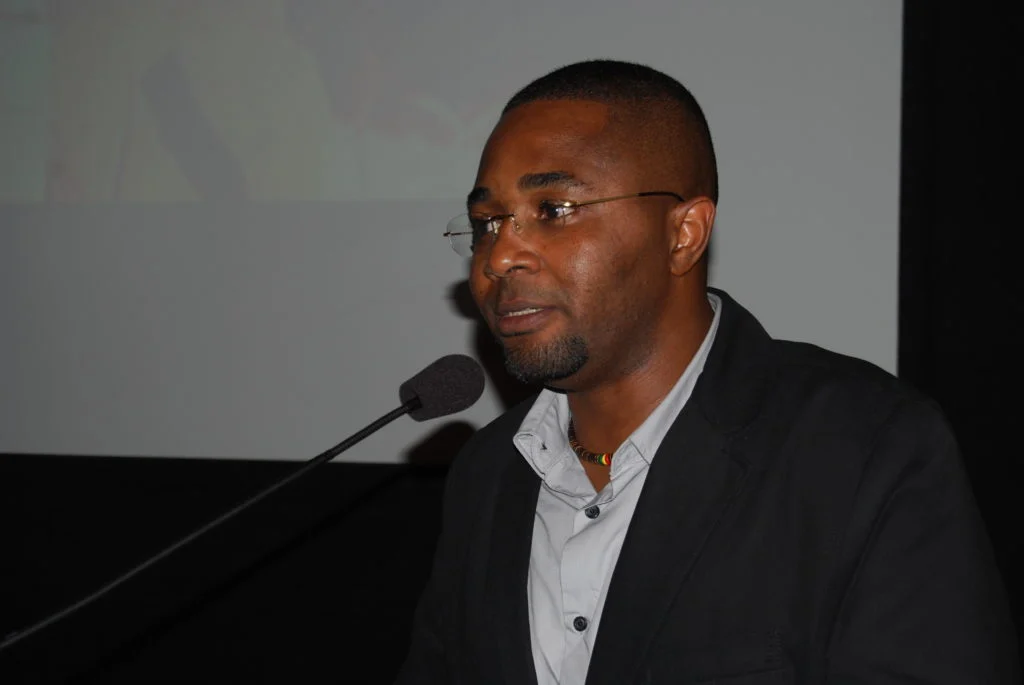
Rahman Oladigbolu, a Nigerian filmmaker, says he sees no reason why the Alaafin of Oyo cannot be a Christian.
Two years ago, Lamidi Adeyemi, Alaafin of Oyo, died at the Afe Babalola Teaching Hospital, Ado Ekiti, after battling an undisclosed illness.
He was 83 years old and had been on the throne for 52 years — the longest-reigning Nigerian monarch at the time.
Since his death, the throne has been vacant.
Speaking in an interview with Rudolf Okonkwo, Oladigbolu, a prince in the Oyo kingdom, said religion should not be a factor in the selection of the next Alaafin.
“In Oyo, where I came from, we are trying to select a new king. It has been the tradition for some decades that the Alaafin of Oyo will be a Muslim,” he said.
“Now, we have some Christians among the people vying for the position, and there are discussions about whether Oyo can have a Christian Oba. Of course, if you can have a Muslim Alaafin, I see no reason you can’t have a Christian Alaafin.
“The whole point should be to ensure that people would not be talking about religion in issues like this, but it is difficult because of the agenda of people wanting to impose their religion on others.
“So these are where all the problems still lie, and until we’re able to understand it, I don’t see how we can move forward.”
Oladigbolu said education and enlightenment are necessary to solve division caused by religion.
“It is only enlightenment that can carry people to the point where religious considerations no longer matter in societal affairs,” he said.
“When people are enlightened to the point where it doesn’t, then it won’t.
“But today, they still see each other from their religious prism because even the behavior of people that occupy positions in society gets influenced by religion.”
News
Tinubu writes senate, seeks Oluyede’s confirmation as COAS
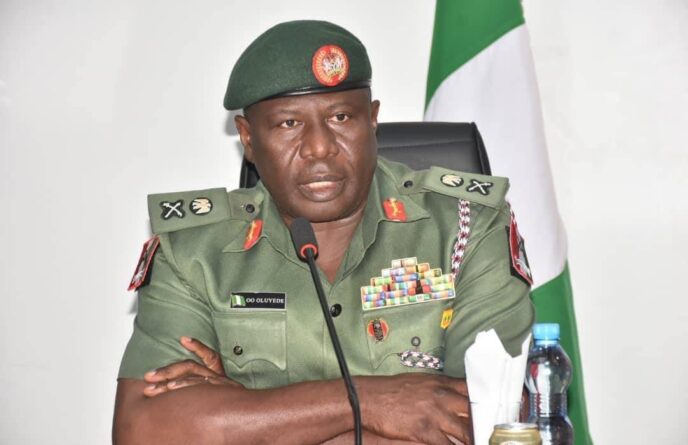
President Bola Tinubu has sent a letter to the senate seeking confirmation of Olufemi Olatubosun Oluyede’s appointment as the substantive chief of army staff (COAS).
Bayo Onanuga, the presidential spokesperson, said Tinubu seeks Oluyede’s confirmation in accordance with the provision of section 218(2) of the 1999 Constitution as amended and section 18(1) of the Armed Forces Act.
On October 30, Tinubu appointed Oluyede as the acting COAS following the prolonged illness of the late Taoreed Lagbaja, the former army chief.
On November 5, Lagbaja died of an undisclosed illness.
Onanuga said Tinubu is “confident about the leadership qualities, professional integrity, and experience” of Oluyede for the leadership of the army.
Before his appointment, Oluyede served as the 56th commander of the infantry corps of the Nigerian Army, Kaduna.
He was commissioned a second lieutenant in 1992 and rose to the position of major general in September 2020.
Oluyede and Lagbaja were coursemates and members of the 39th regular course.
Recently, Oluyede was promoted to the rank of lieutenant-general.
He has participated in several operations, including the Economic Community of West African States Monitoring Group (ECOMOG) mission in Liberia, operation Harmony IV in Bakassi, and operation Hadin Kai in the north-east theatre of operations.
He was also the commander of the 27 task force brigade.
-
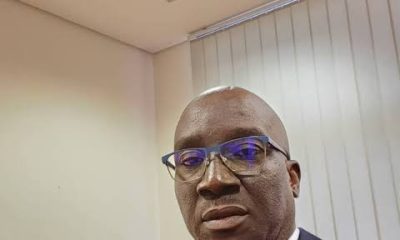
 Politics1 week ago
Politics1 week agoOkpebholo fires permanent secretaries, dissolves boards
-
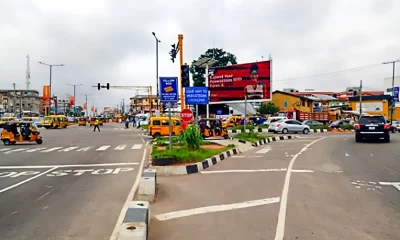
 Business5 days ago
Business5 days agoLagos state government to commence upgrade of major junctions in Ikeja axis, seeks residents’ cooperation
-

 Politics1 week ago
Politics1 week agoDSS operatives arrest man with bags of cash during Ondo guber
-
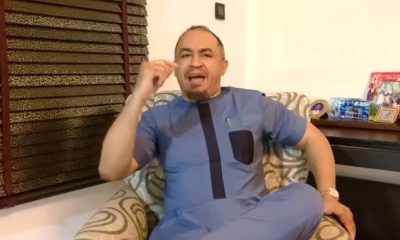
 Celebrities1 week ago
Celebrities1 week agoDaddy Freeze, Akah Nnani clash over Emmanuel Iren
-

 News7 days ago
News7 days agoNnamdi Emeh: Suspect Facing Charges In Court, Process Independent Of Police Influence
-
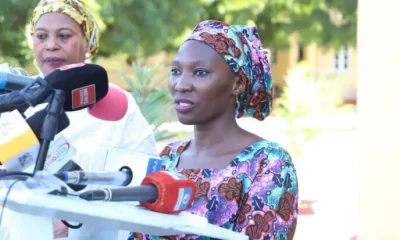
 News1 week ago
News1 week agoAlice Loksha, abducted UNICEF nurse, escapes captivity after 6 years
-

 Health1 week ago
Health1 week agoFive ways to rid your home of ants
-
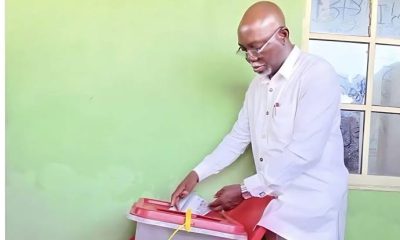
 Politics6 days ago
Politics6 days agoAiyedatiwa takes commanding lead in Ondo guber poll after winning 15 of 18 LGAs


















